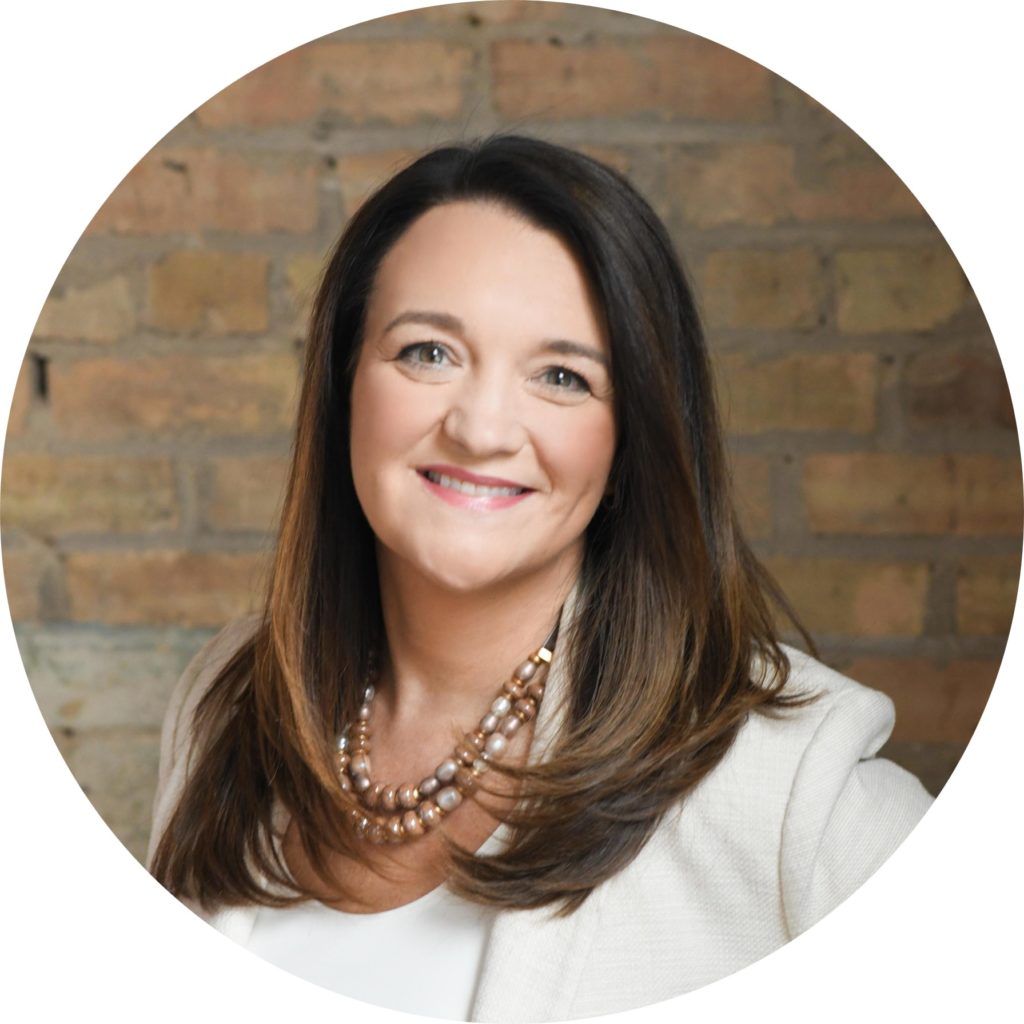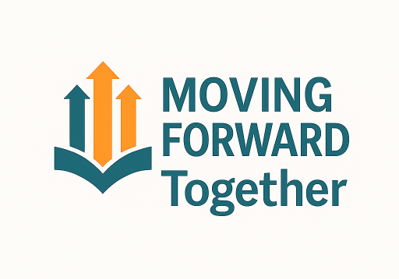Elevating Local Voices: Insights from MNCM’s Regional Community Conversations

“It feels like we’re doing everything we can, but sometimes the barriers are difficult to overcome on our own.”
That was one of the candid reflections shared during MN Community Measurement’s (MNCM) first Regional Community Conversation, held on September 10 at the Medi-Sota Clinic Managers Networking meeting. It captured the spirit of the day: local health leaders working hard to improve outcomes, while recognizing that real progress requires collective effort, shared resources, and fresh strategies.
The Regional Community Conversation series is designed to bring those voices together—taking a closer look at health care outcomes at the local level, identifying barriers that stand in the way, and sharing promising solutions aimed at improving health across the region.
Looking at the Data
MNCM presented regional data for communities served by Medi-Sota members across several key clinical measures. In many areas—such as colorectal cancer screening, asthma control, diabetes care, vascular care, depression remission, and adolescent mental health screening—results were significantly lower than statewide averages. These numbers sparked discussion about what’s being tried locally and where support is most needed.
Key Themes That Emerged
1 | Community-Led Solutions Are Taking Shape
From clinician expert panels to expanded use of electronic health record (EHR) systems, communities are innovating. Mailing at-home screening kits, hosting marketing events, and engaging licensed school nurses in care coordination are just some of the strategies being tested. While school-based clinics were seen as a promising avenue, complex billing rules remain a barrier to scaling them
2 | Persistent Barriers Continue to Challenge Progress
Several common themes surfaced: outreach is difficult and sometimes unwelcome, compliance remains a struggle, and resources for smoking cessation are scarce. Transportation barriers prevent many from accessing care, while limited internet access undermines the promise of video visits. Vaccine hesitancy—particularly around flu shots—was also called out as a growing concern, requiring more creative communications.
3 | The Value of Collaboration and Shared Learning
Participants highlighted the importance of collaboration across clinics, public health, schools, and community organizations. They emphasized that MNCM’s role in bringing transparent, meaningful data to the table creates the foundation for these shared conversations and helps guide collective action.

What emerged most clearly was this:
Communities are committed to improving health outcomes, but they cannot do it alone. Meaningful progress depends on working together, learning from one another, and aligning data with action.
MNCM is committed to evolving its work based on what we hear in these dialogues—empowering communities with data that matters and delivering services that help us reach our shared goals.
Interested in hosting a Regional Community Conversation in your area?
We invite you to reach out to us at support@mncm.org. Your voice matters, and your input will help shape the future of health care improvement across Minnesota.
MNCM extends our sincere thanks to Medi-Sota for welcoming us to host our first Regional Community Conversation during the Clinic Managers Network meeting. We truly appreciate the opportunity to engage with clinic leaders from across the region and begin meaningful conversations about the importance of collaboration in improving health outcomes. To learn more about Medi-Sota and their work, please visit their website.
